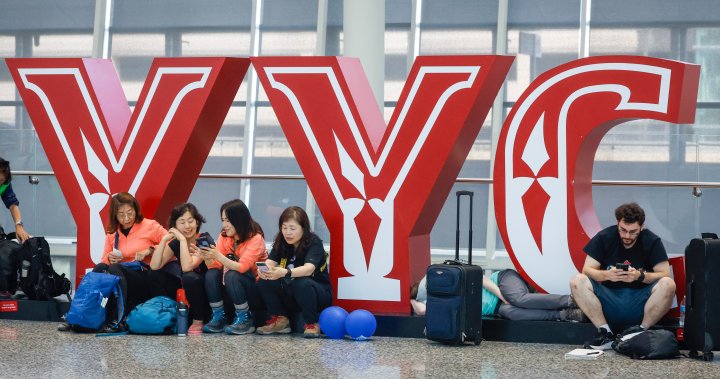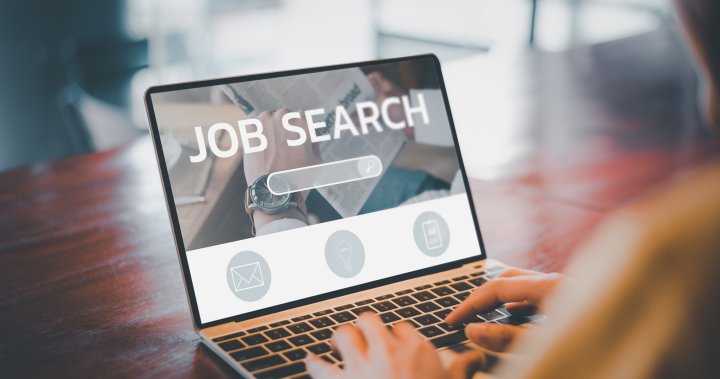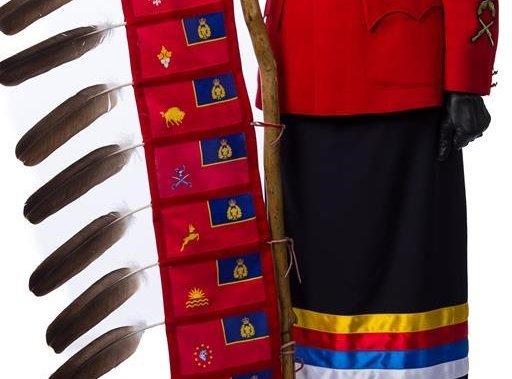Most G7 countries will be holding elections over the coming year and a half, and the results could affect investors, experts say.
Many recent polls and the results from the Labour Party’s Thursday landslide victory in the United Kingdom suggest voters appear to want new governments.
A former U.S. Treasury official said some of would-be governments, if they are elected and enact their campaign promises, could bring “a new, very large boost in global inflation” and impact investors and Canadians.
“I think most people would not feel particularly good about that environment which political forces might bring about,” said Gary Hufbauer, from the Peterson Institute of International Economics.
Hufbauer warned the biggest disruption could come from Donald Trump getting re-elected.
Trump has promised to impose 10-per cent tariffs on all imports to the United States along with a 60-per cent tax on Chinese goods. Tariffs cause prices to rise as exporters pass the cost onto consumers.
“It would be a curious thing because it would cause inflation in the U.S. but maybe a world recession,” he told Global News.

The second-largest source of potential economic disruption could be if French voters give a parliamentary majority to the National Rally.
Breaking news from Canada and around the world
sent to your email, as it happens.
The far-right party, led by Marine Le Pen, promised to cut taxes while continuing to spend.
“We always remember the Greek (debt) problems and the Italian (debt) problems,” he said, speaking from Taos, N.M.
“You could have French problems, which would be pretty unsettling for the euro.”
He said he would be very surprised if Trump doesn’t win November’s U.S. presidential election.
His advice for the average family is to “batten down the hatches” and start saving now.

Hufbauer and CIBC chief economist Avery Shenfeld both said they can’t remember a time when so many leading economies could get new leaders — but Shenfeld was optimistic.
He said Canada fought to get inflation down, which “should pave the way for more interest rate cuts and a better economy next year, pretty much regardless of what the political outcome is.”
A federal election must be held no later than October 2025 under Canada’s fixed election laws.
He said the success of the Labour Party in the U.K., which replaced a government nearly 10 years in power, and the continued lead of Canada’s Conservative Party in the polls shows economic choices are not as extreme as in some countries seeing authoritarian rises.
Any potential instability from France could come from the National Rally’s strong anti-immigration rhetoric spreading, though he noted he “didn’t see that happening.”

As for the U.S., “what we’re hoping is that Trump will be reminded that the current trade agreement that the U.S. has with Canada and Mexico was a Donald Trump achievement,” he said, referencing the USMCA free trade agreement (while noting it is up for renewal).
“We’re hoping that (the success and agreement) continues to provide Canada with some protection from a more tariff-friendly government in the U.S.,” he said, speaking from Toronto.
And while he did say Canadians need to watch politicians’ promises, he also said they should track whether politicians actually implement them.
— with files from The Associated Press and Reuters
© 2024 Global News, a division of Corus Entertainment Inc.





